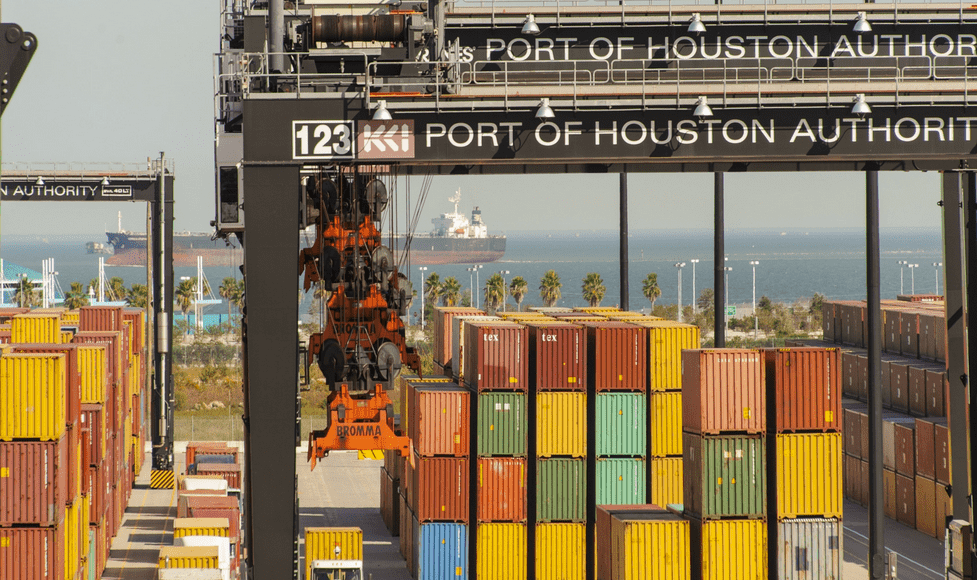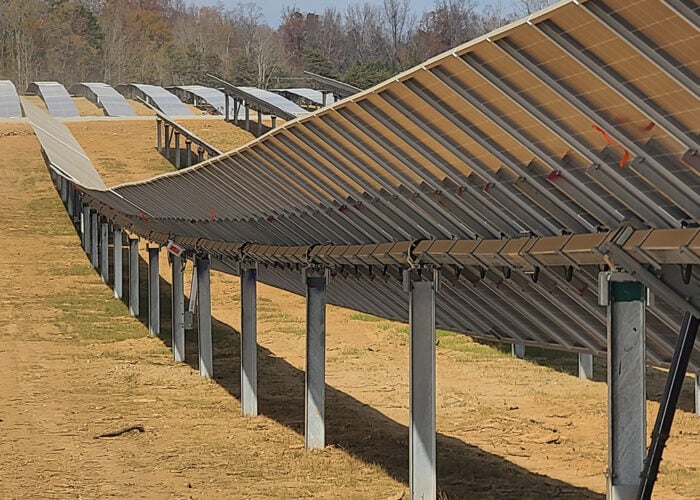
Two Cambodian solar manufacturers have ceased to cooperate with the US Department of Commerce’s (DOC) antidumping and countervailing duty (AD/CVD) tariff investigation.
Hounen Solar and Solar Long PV-Tech filed separate documents to the DOC via a US attorney stating that they do not have the resources to continue participating in the investigation.
Unlock unlimited access for 12 whole months of distinctive global analysis
Photovoltaics International is now included.
- Regular insight and analysis of the industry’s biggest developments
- In-depth interviews with the industry’s leading figures
- Unlimited digital access to the PV Tech Power journal catalogue
- Unlimited digital access to the Photovoltaics International journal catalogue
- Access to more than 1,000 technical papers
- Discounts on Solar Media’s portfolio of events, in-person and virtual
The DOC launched the latest AD/CVD investigation in April following a petition from a group of US-based solar PV manufacturers. It alleges that companies shipping solar cells (whether or not assembled into modules) from Cambodia, Malaysia, Vietnam and Thailand to the US are receiving export subsidies and shipping at below production cost (“dumping”) and damaging US businesses.
Hounen and Solar Long were selected as mandatory respondents to the investigation based on the large volume of exports to the US. Mandatory respondents are used as proxies for other companies in the selected country and usually receive a separate subsidy rate.
Tim Brightbill, the legal representative for the group which brought the AD/CVD petition to Commerce in April, said this development could be significant for the entire Cambodian solar manufacturing industry:
“This is a significant development, because with both Cambodian respondents withdrawing from the antidumping investigation, they are failing to cooperate with the Commerce Department’s investigation. This means that Commerce will penalise them, most likely with the petition AD margin of 125.37%. And because the investigations are so far along, this rate should also be applied to the entire Cambodian solar industry.”
In their letters to the DOC, both Hounen and Solar Long insisted that their withdrawal “shall in no way be considered an acknowledgement of the dumping and of other allegations made by the petitioners in this investigation.”
According to data from the ITC, solar shipments from Cambodia rose from around 0.8GW in 2021 to 6.72GW in 2023. However, data from the National Renewable Energy Laboratory (NREL) says that Cambodia exported around 5.8GW of PV modules in 2023, 97% of which went to the US.
Earlier this month the DOC’s International Trade Committee (ITC) published its preliminary CVD findings, which refer to the allegations of illegal subsidies. The AD (antidumping) portion of the investigation is expected to return findings in the coming months.
The AD/CVD petition has created tangible uncertainty and price rises in the US solar industry, according to data from both Anza Renewables and Mercom Capital. Anza said that module prices saw a “notable rise” between April and August 2024, which it attributed to the tariff petition. Last week, Mercom Capital published its quarterly solar corporate financing report which found that “significant uncertainties” – including AD/CVD – had caused a US$7 billion drop in corporate financing in 2024.
The companies which brought the April petition, which include Hanwha Qcells, Meyer Burger, Mission Solar and cadmium telluride thin-film manufacturer First Solar, claim that imports of cells from the four Southeast Asian countries are damaging US businesses and risk turning the country into a “dumping ground for foreign solar products”.
In the preliminary CVD findings, Hanwha Qcells was found to be in receipt of subsidies for its operations in Malaysia and was assigned the highest rate of any respondent in the country.







